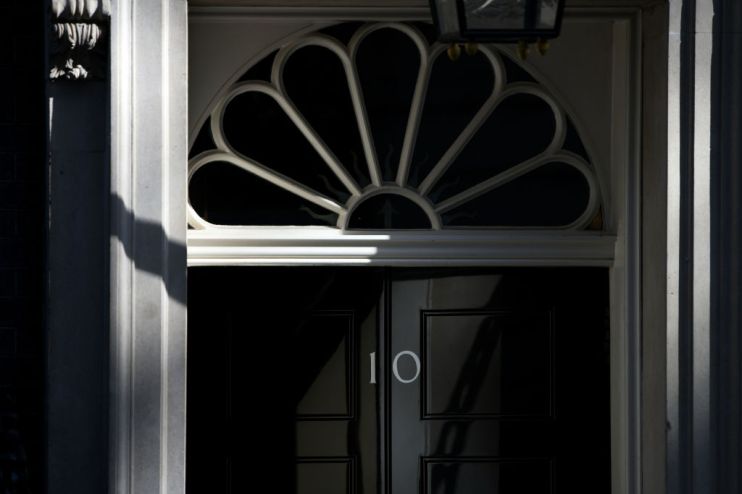Brexit: Top UK civil service lawyer quits over Downing Street row

The chief of the government’s legal department has resigned over Boris Johnson’s plans to alter some of the terms of the Brexit withdrawal agreement.
Jonathan Jones, the Treasury’s solicitor and permanent secretary of the Government Legal Department, reportedly resigned his position after a row with Downing Street over suggestions that Johnson was preparing to breach the withdrawal agreement.
Downing Street yesterday said it was only making some “clarifications” to the deal around rules concerning the classification of goods shipped between Great Britain and Northern Ireland.
EU chief negotiator Michel Barnier warned Johnson that any potential row back on the deal would see trade talks between Brussels and the UK break down.
Two Whitehall officials told the Financial Times today that Jones was “very unhappy” about Downing Street’s plan to override parts of the withdrawal agreement.
His departure makes him the sixth leading civil servant to quit this year as Johnson’s war against Whitehall continues.
The Prime Minister’s official spokesman yesterday denied that the “clarifications” of the withdrawal agreement amounted to tearing up the treaty.
He also said the Prime Minister was still committed to the agreement with the EU.
Northern Ireland will remain in a customs union with the EU after the end of the post-Brexit transition period on 31 December, while Great Britain will not.
This means that some goods will require checks and customs declaration forms when going between Great Britain and Northern Ireland.
The proposed clarifications revolve around goods that are deemed to be “at risk” of entering the EU’s single market, after they are sent from Great Britain to Northern Ireland.
The withdrawal agreement says that the EU chooses which goods are deemd to be “at risk”, but the UK government is seeking to amend this so it can unilaterally decide what goods are “at risk”.
The changes would only come into place if the UK left the EU on a no-deal basis at the end of the year.
Johnson yesterday set a new deadline of 15 October for a trade deal to be completed between the two sides, adding that a no-deal exit would be “a good outcome”.
The UK leaves the EU single market and customs union on 31 December.
Read more: Brexit: UK ‘won’t blink’ in EU trade talks, says chief negotiator
If it leaves without a deal then trade barriers, like tariffs and quotas, will immediately be erected between the EU and UK.
This would lead to more expensive prices for European goods in the UK and an inevitable decrease in British exports sent to EU countries.